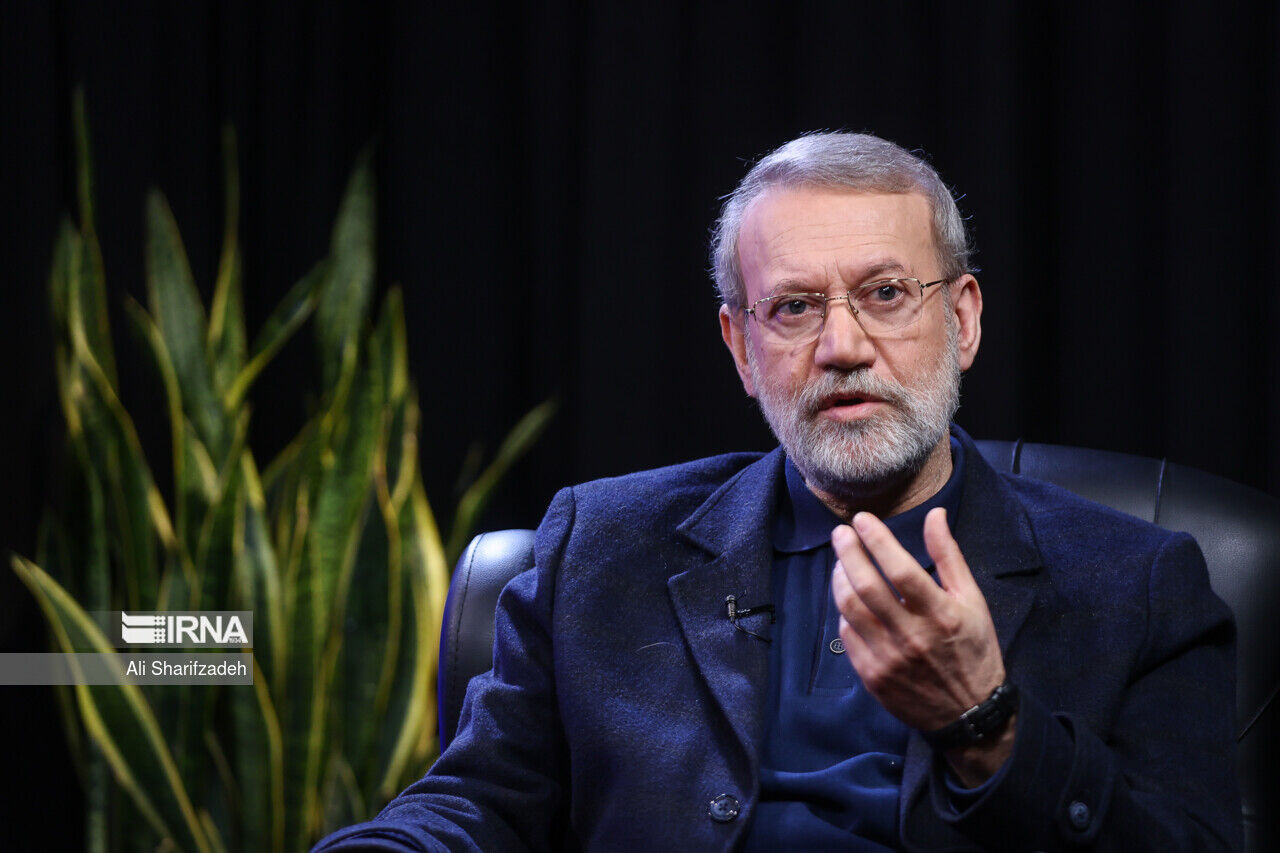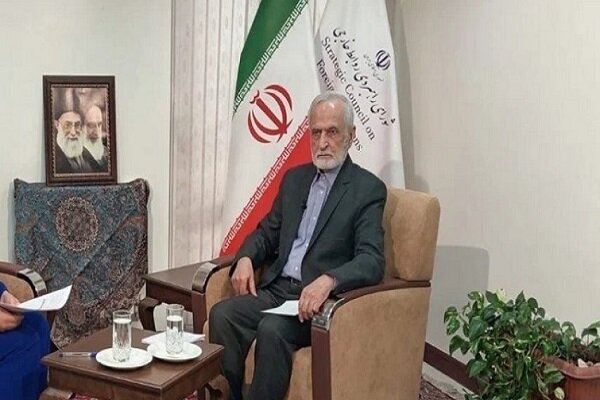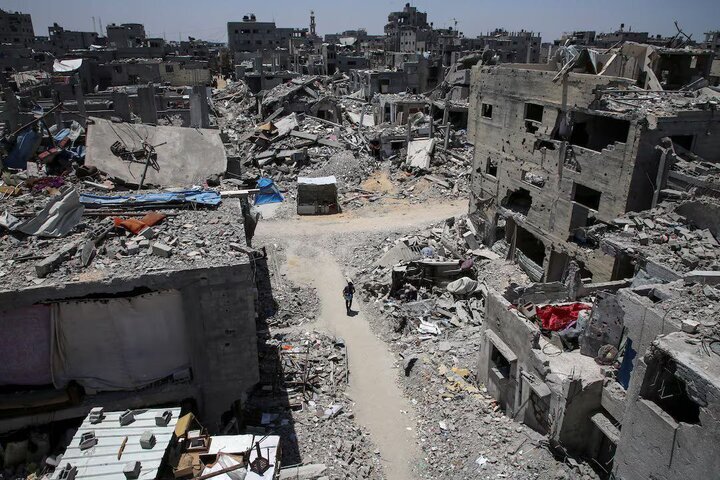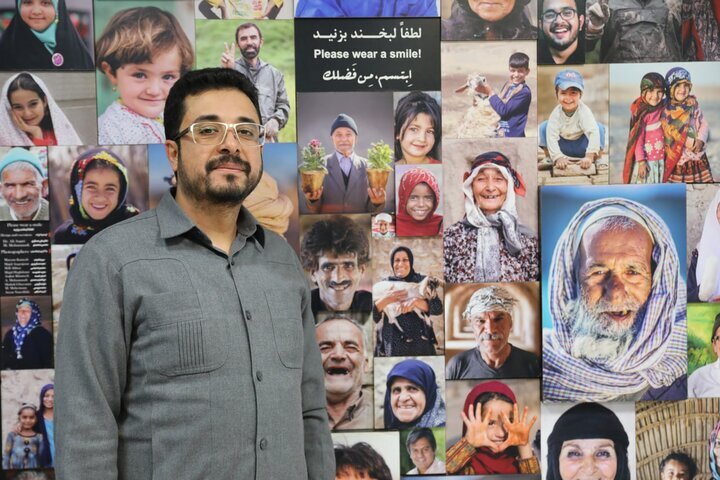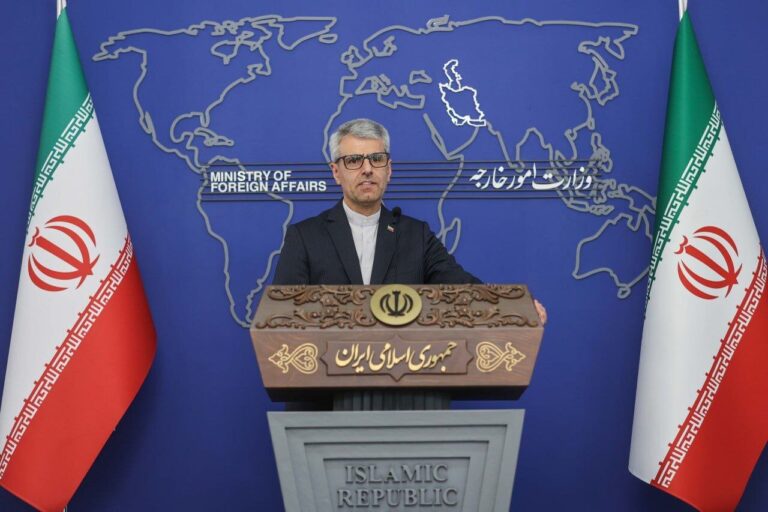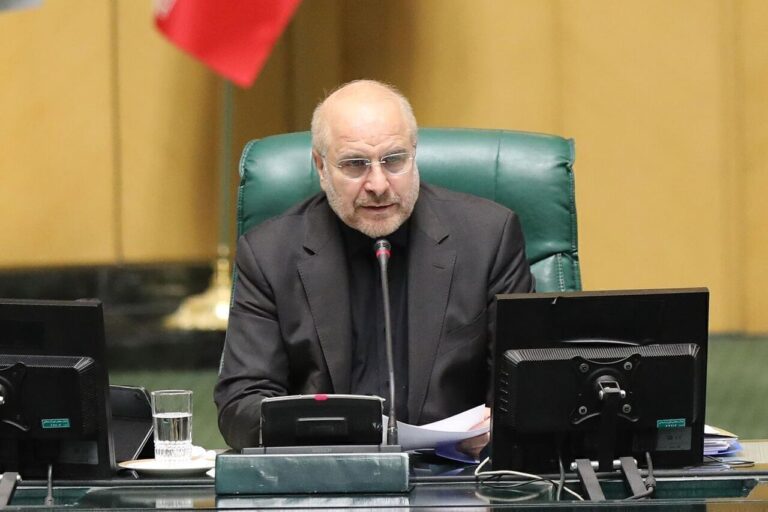Iran Nuclear Program Talks: Political Dynamics Take Center Stage, Says Leader’s Advisor
In a recent statement, Ali Larijani, a senior advisor to the Leader of the Islamic Revolution, emphasized that the Iranian nuclear issue is fundamentally a political matter rather than a legal one. He articulated that if the International Atomic Energy Agency (IAEA) had offered clear guidance, the need for negotiations over Iran’s peaceful nuclear program could have been avoided.
During a ceremony held at Shahed University in Tehran to honor National Teacher Day, Larijani expressed Iran’s commitment to acquiring nuclear knowledge for peaceful purposes while adhering to established frameworks. However, he noted that other nations often dismiss this rationale and attempt to exert pressure on Iran, raising the question of how the country should respond to such tactics.
Key points from Larijani’s address include:
- Negotiation Dynamics: He stated that negotiation itself is not inherently positive or negative; instead, it should prioritize Iran’s interests. If negotiations fail to protect these interests, there is no reason to continue them.
- Sanctions Overview: Larijani discussed the sanctions imposed on Iran by the United States and other Western nations, noting that these sanctions are not limited to nuclear issues. He pointed out that U.S. sanctions date back to when Iran was considered a satellite state prior to the 1979 Islamic Revolution, and following this transformation, Iran asserted its independence, leading to increased Western opposition.
- Resilience of the Iranian Nation: He highlighted that the Iranian people have a rich civilization that will not yield to foreign pressures.
- Future Negotiations: Larijani concluded by indicating that the results of indirect talks between Iran and the U.S. could vary significantly based on the rationality and fairness exhibited in light of the current international climate.
As Iran navigates its diplomatic landscape, the emphasis on respecting its sovereignty and rights remains a cornerstone of its foreign policy strategy.
